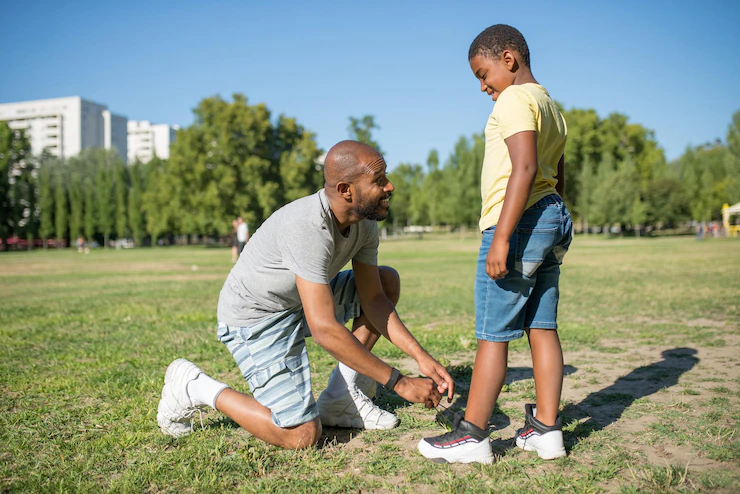In many cities around the world, crime rates continue to be a persistent issue, affecting the safety and well-being of communities. While law enforcement and social programs play a crucial role in combating crime, there is another often-overlooked solution that can make a significant impact: community clean-up initiatives. By promoting and actively participating in efforts to clean up neighborhoods, residents can create a safer environment, deter criminal activities, and foster a sense of pride and ownership in their communities.
Community clean-up initiatives involve organizing events where volunteers come together to clean and beautify public spaces such as parks, streets, and abandoned lots. These efforts typically include activities like litter picking, graffiti removal, landscaping, and planting trees and flowers. The benefits of these initiatives extend far beyond a cleaner appearance—they contribute to the overall well-being of the community and can play a vital role in reducing crime rates.
One of the primary ways community clean-up initiatives help in reducing crime is by improving the physical environment. Neglected and rundown areas can create an environment conducive to criminal activities. By cleaning up these areas and maintaining them regularly, community members actively discourage criminal behavior. Vandals, drug dealers, and other criminals are less likely to operate in areas that are well-kept and frequented by law-abiding citizens. A cleaner and more attractive community sends a clear message that residents care about their neighborhood and will not tolerate criminal activity.
Moreover, community clean-up initiatives foster a sense of ownership and collective responsibility among residents. When individuals actively participate in cleaning their neighborhoods, they develop a deeper connection to the community and take pride in their surroundings. This increased sense of ownership creates a community where people are more likely to look out for one another, report suspicious activities, and collaborate with law enforcement agencies. It strengthens social bonds, which are crucial for reducing crime and creating a safer environment for everyone.
These initiatives also provide an opportunity to build relationships and trust between residents and local law enforcement. When community members work side by side with police officers and other officials during clean-up events, they establish personal connections that can break down barriers and foster better communication. Such interactions humanize law enforcement personnel, leading to a more positive perception of the police within the community. This improved relationship encourages residents to collaborate with authorities, share information about criminal activities, and work together on crime prevention strategies.
Promoting community clean-up initiatives requires a multi-faceted approach involving various stakeholders. Here are some strategies to encourage and support these initiatives:
- Raise awareness: Utilize local media, social media platforms, and community bulletin boards to inform residents about upcoming clean-up events. Highlight the benefits of community involvement and emphasize the positive impact it can have on reducing crime rates.
- Collaboration with local authorities: Partner with law enforcement agencies, city officials, and community organizations to plan and execute clean-up events. Their support can help mobilize resources, provide safety guidelines, and ensure the participation of key stakeholders.
- Engage local schools and youth organizations: Involve students and young people in clean-up initiatives to instill a sense of civic responsibility and provide them with an opportunity to contribute positively to their communities. This involvement can also serve as a preventive measure by redirecting youth towards productive activities.
- Recognize and reward participation: Organize ceremonies or provide certificates of appreciation to volunteers and sponsors to acknowledge their contributions. This recognition not only expresses gratitude but also encourages ongoing participation and motivates others to get involved.
- Sustainability and ongoing maintenance: Ensure that clean-up efforts are not isolated events but part of a sustained commitment to maintaining a clean and safe environment. Encourage regular maintenance activities and establish partnerships to address ongoing cleanliness challenges.
Community clean-up initiatives have the potential to make a significant impact on crime rates and community well-being. By actively involving residents, fostering a sense of ownership, and strengthening relationships with law enforcement, these initiatives promote a safer environment for everyone. Through collaborative efforts, individuals can take control of their communities and create a future free from crime and fear.










